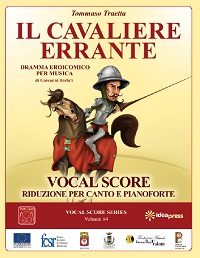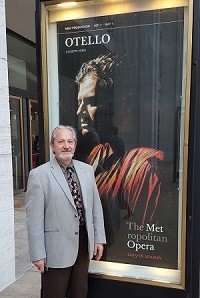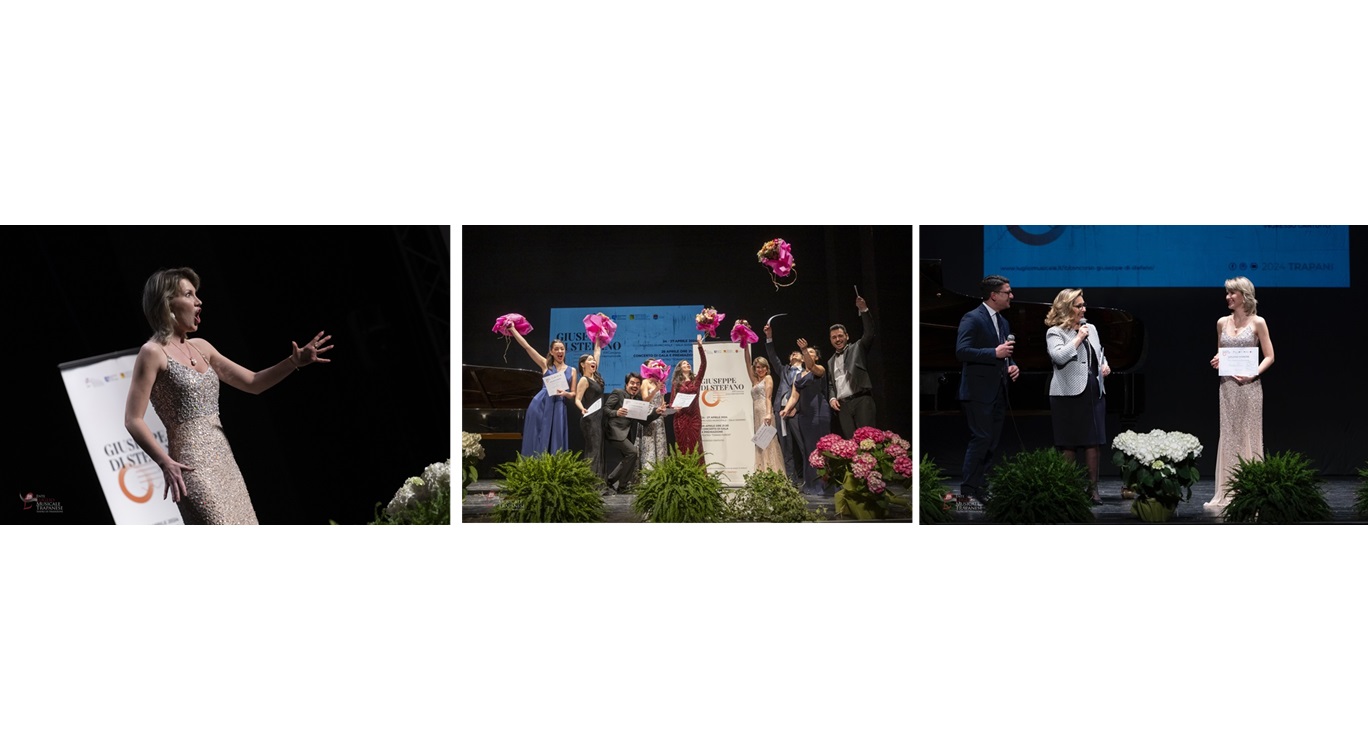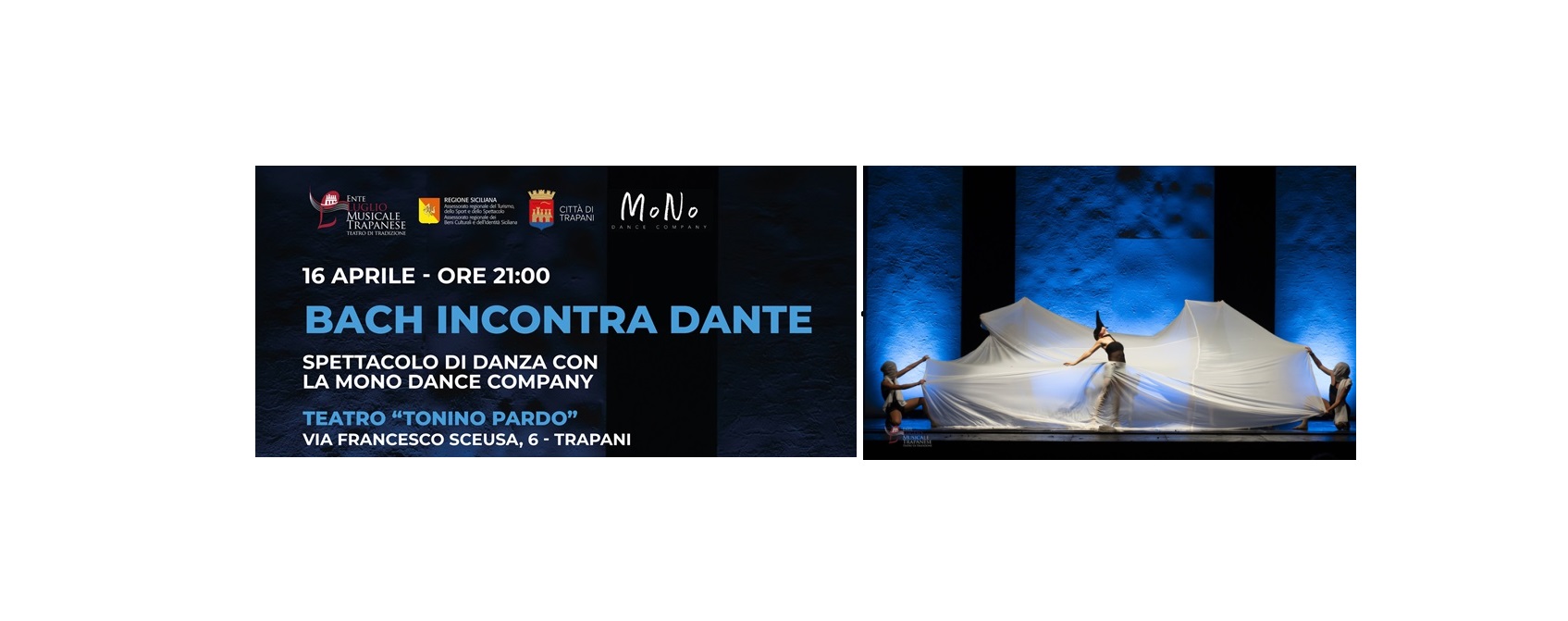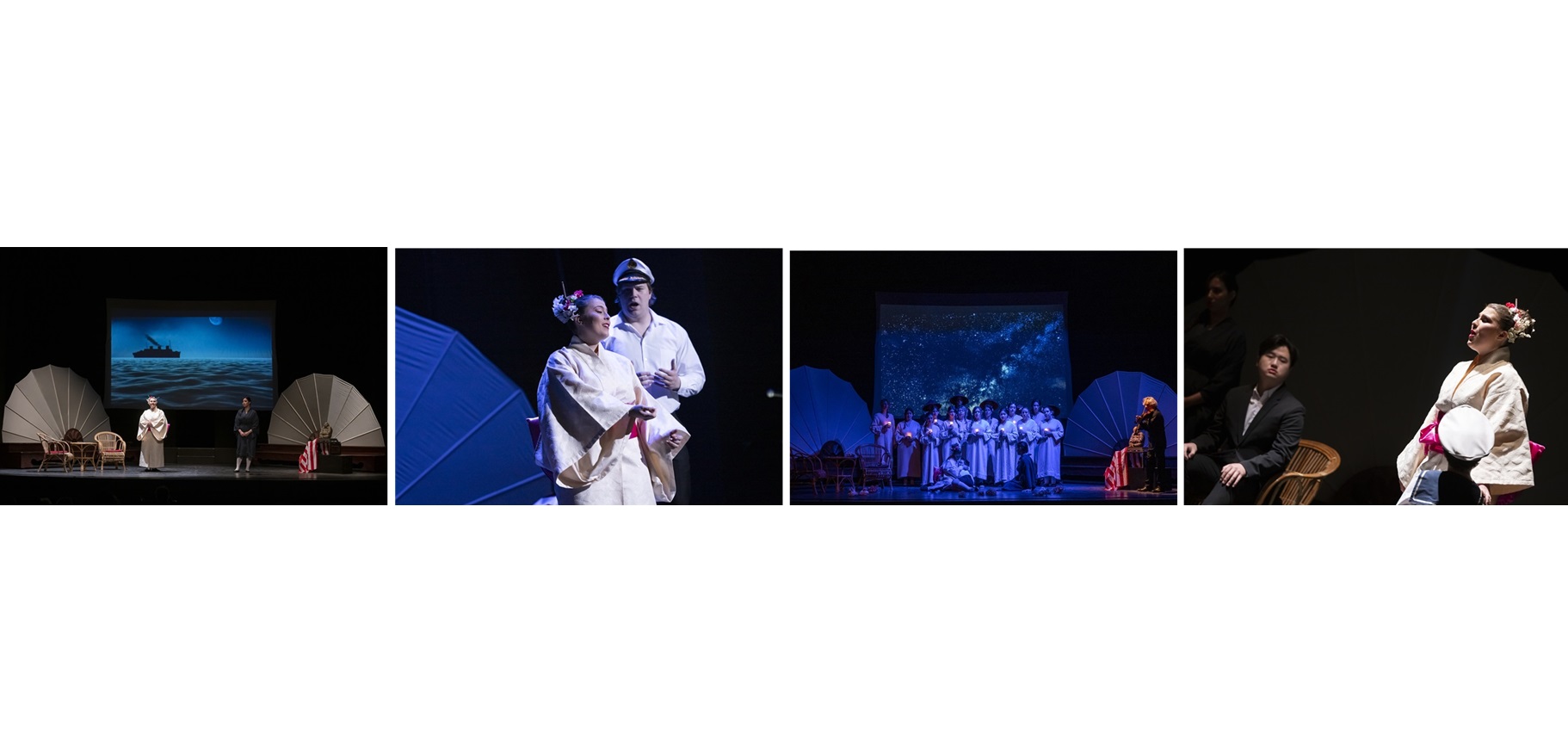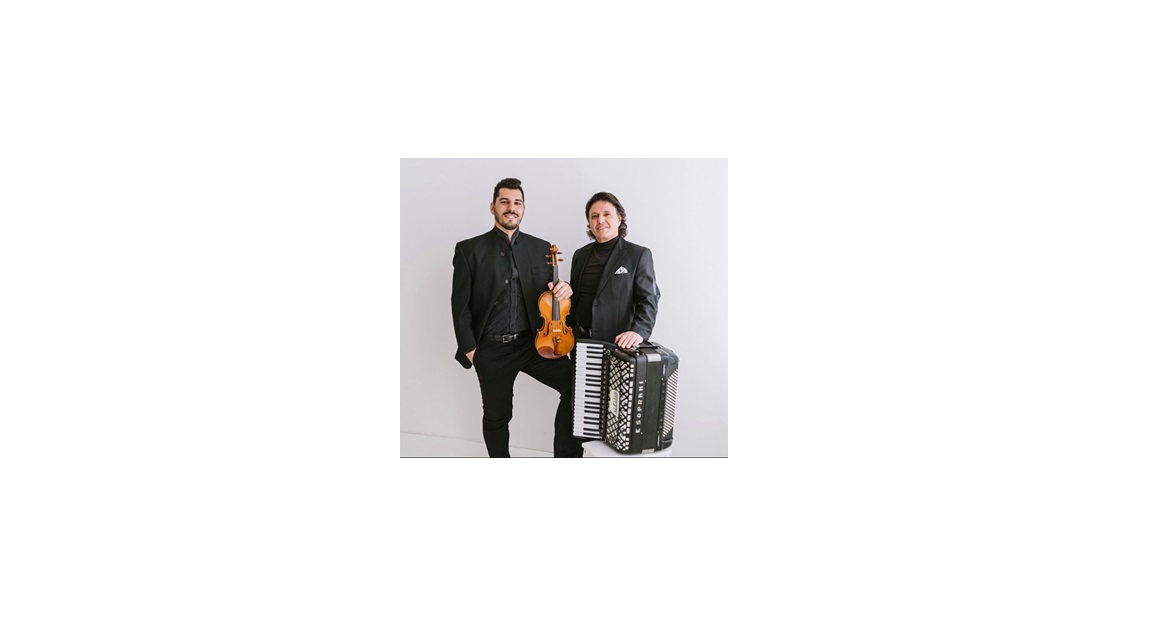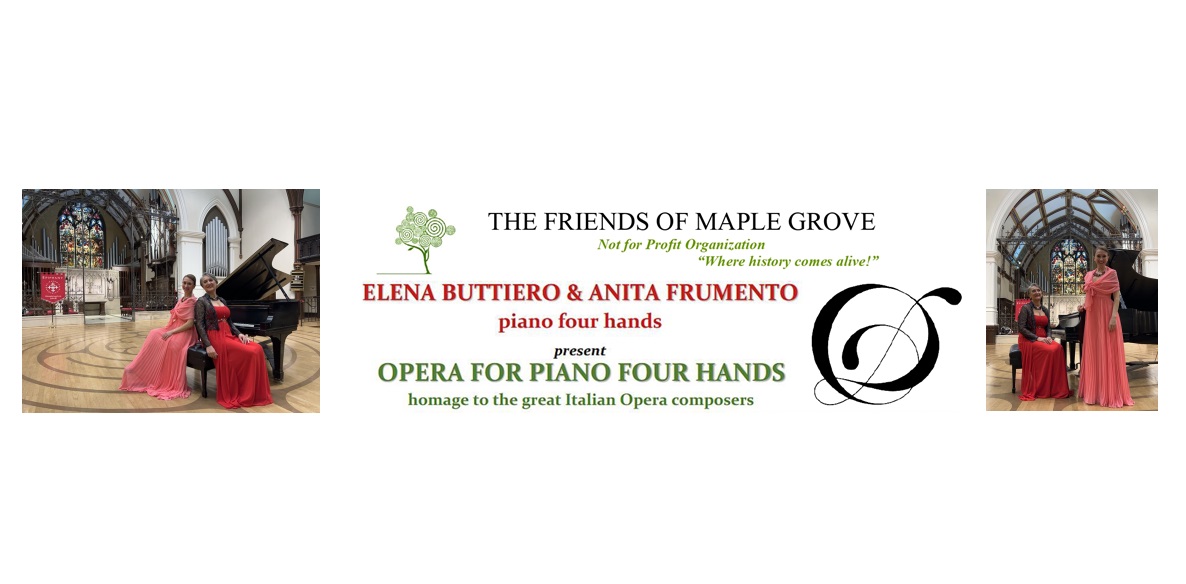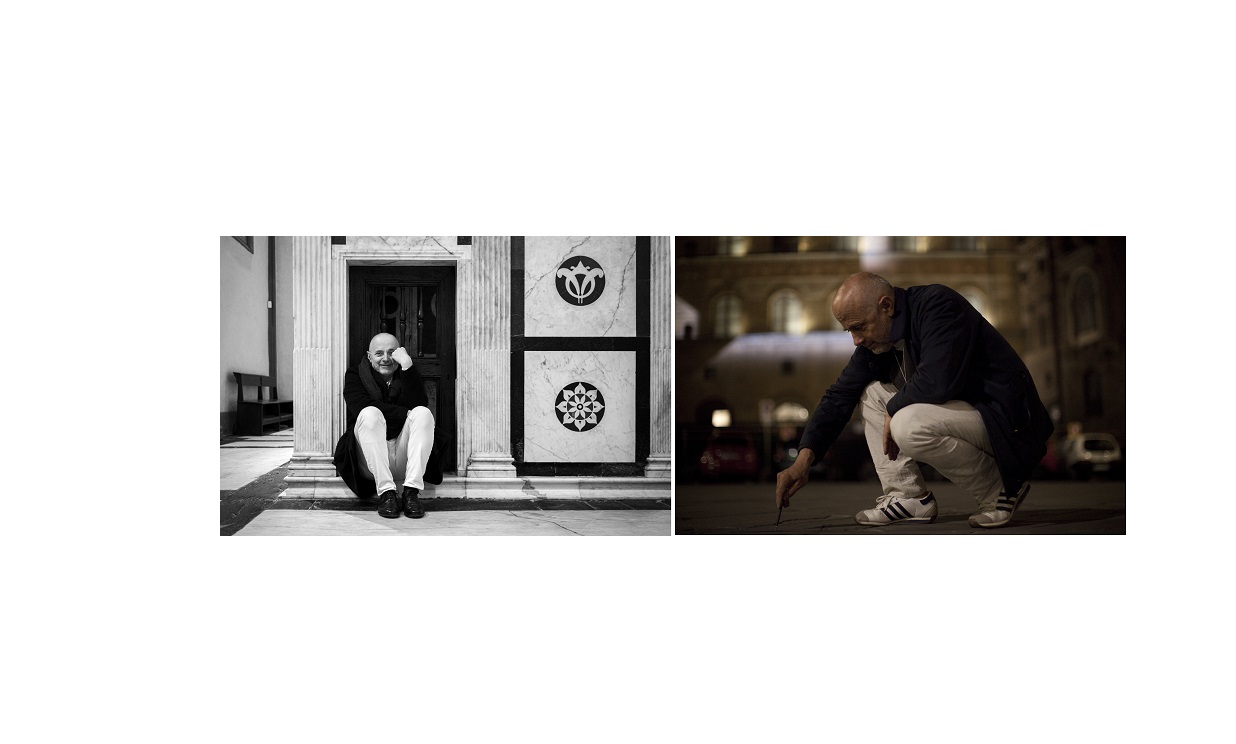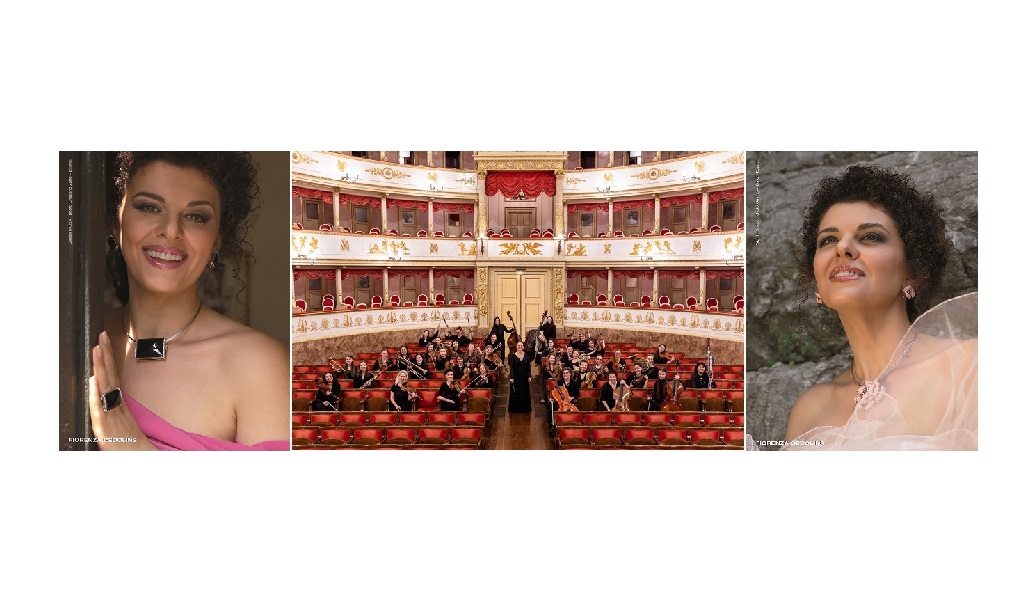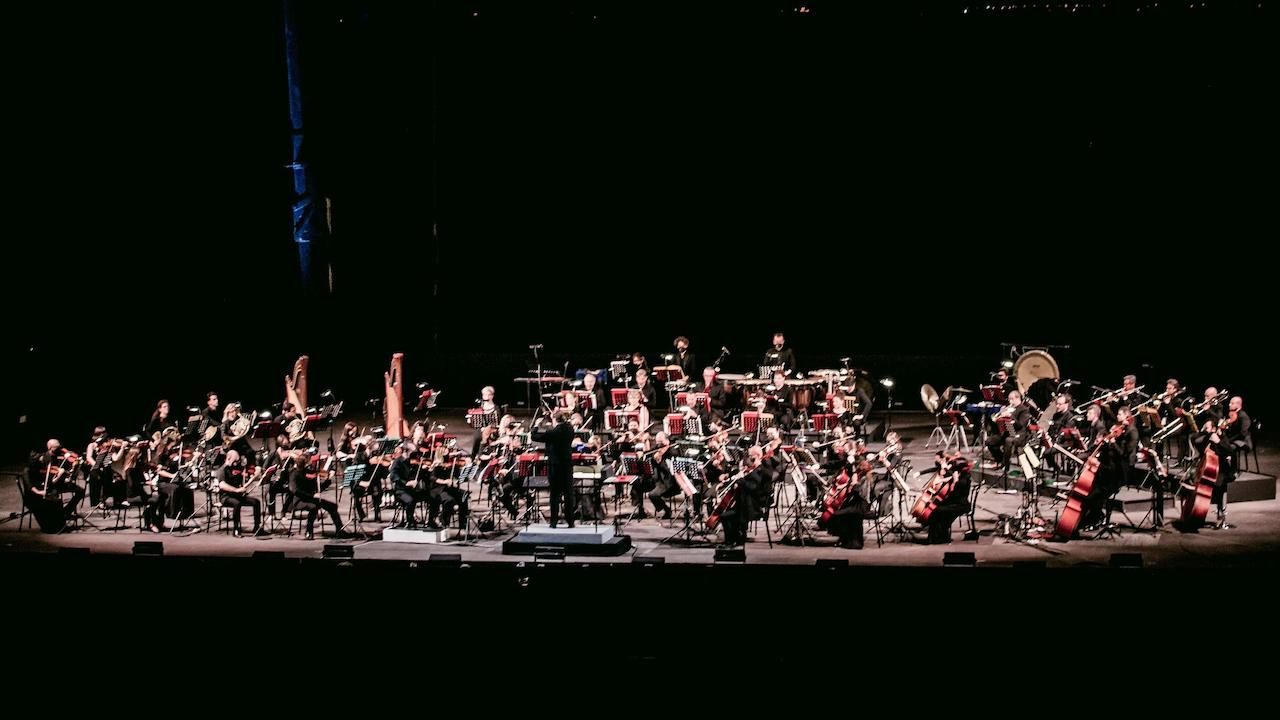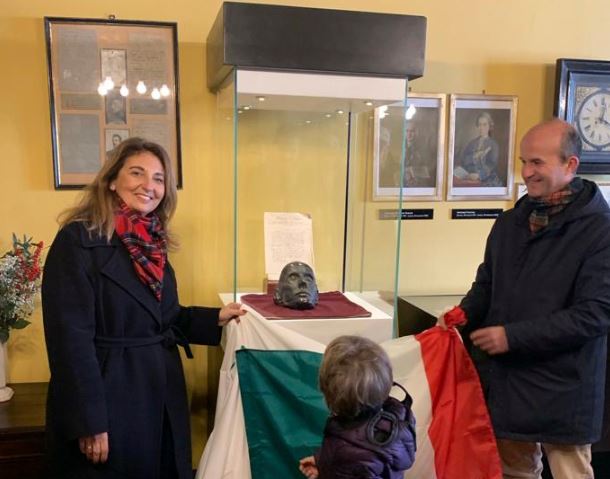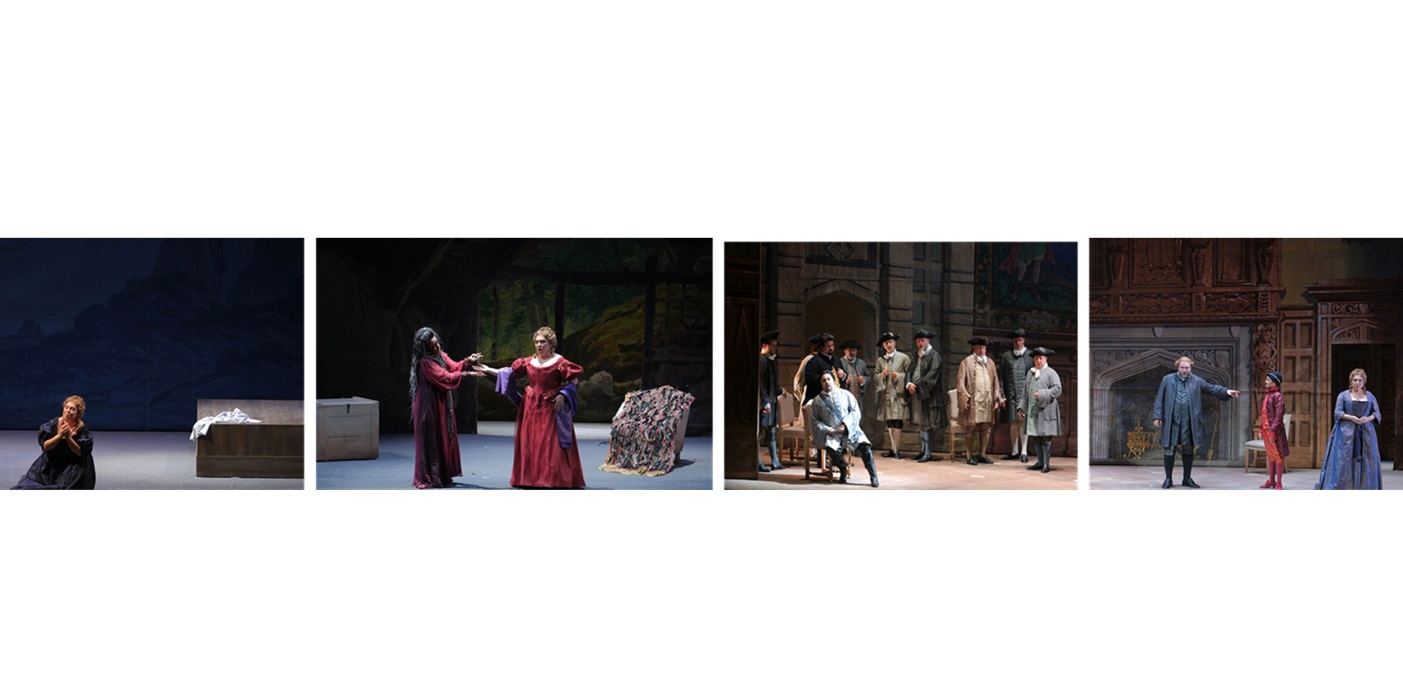Even in the summer, the theaters of Opera are hard at work, in particular the most famous of our beautiful Italy. Yet another “Traviata”, for example, this summer 2015, at the Gran Teatro La Fenice in Venice; for about four years now the Venetian theater repeats the same opera on the bill for the thousands of tourists who flock to the city. Everything is justified by saying that famous operas such as this, as part of the repertoire, are appreciated a lot by foreigners.
 Without detracting from the popularity of this opera by Verdi and the opportunity to stage it, what I think is the case to dispute is to see it constantly revived in a version that leaves much to be desired. It leaves dismayed even the thousands of tourists (and not), who flock to the theater in the summer, because when you go to attend a lyric opera, you go not only to listen to the beautiful music, but also to assist to a show at 360 °; that is, in addition to the sense of hearing, the sense of vision would like to be to be fulfilled: why, otherwise, Verdi and Piave and many other composers, with their librettists, would leave precise directions on how to set up their operas? Why would they set their operas in well-defined eras, when today, instead, with superficiality and presumption, these settings passed down from the History of Music are upset?
Without detracting from the popularity of this opera by Verdi and the opportunity to stage it, what I think is the case to dispute is to see it constantly revived in a version that leaves much to be desired. It leaves dismayed even the thousands of tourists (and not), who flock to the theater in the summer, because when you go to attend a lyric opera, you go not only to listen to the beautiful music, but also to assist to a show at 360 °; that is, in addition to the sense of hearing, the sense of vision would like to be to be fulfilled: why, otherwise, Verdi and Piave and many other composers, with their librettists, would leave precise directions on how to set up their operas? Why would they set their operas in well-defined eras, when today, instead, with superficiality and presumption, these settings passed down from the History of Music are upset?
The scenes of “La Traviata” proposed for years in Venice have the improbable: black backdrops, some furniture IKEA style, some lamp deco… not to mention some scenes of the second act (the garden, for instance) recreated with a bush projected on a neutral background, placing a wrought-iron outdoor coffee table, which contrasts with the modern styles of the other two acts; or the rain of banknotes on Violetta, apparently dollars, when it is supposed to be a Parisian setting? And the costumes? Nonexistent: a recycling of everyday clothes taken from a closet of an ordinary citizen of the world.
But I don’t not mean to speak only of La Traviata in Venice, but in general: unfortunately, nowadays there are frequently staged that are dramatic and disheartening, that have nothing to do with the feeling and the will of those who wrote them; and the direction, in recent years, using almost non-existent or minimalist scenes, now go towards the direction of “modernity” at all costs.
Another example: in the Teatro Antico of Taormina, last August, they proposed also “La Traviata”, held with a naked protagonist. In Piave’s marvelous libretto there never seems to have been any allusions to the possibility of the nude!
The end “does not” justify the means, especially when it is just to draw attention: these masterpieces have been fundamental and still are to the history of music! Is there still this kind of mentality in Italy?
 How do we miss the scenery of the great opera director Franco Zeffirelli, who made us dream, leaving us open-mouthed by the sumptuousness of sets and fabulous costumes! Yet, the Teatro alla Scala, just this summer 2015, has resumed his production of La Bohème, with great joy and enjoyment of the spectators, who love and often reminisce about those golden times when these lavishly staged shows and accurate directions were created, remaining in that tradition that should be respected even today when the curtain rises.
How do we miss the scenery of the great opera director Franco Zeffirelli, who made us dream, leaving us open-mouthed by the sumptuousness of sets and fabulous costumes! Yet, the Teatro alla Scala, just this summer 2015, has resumed his production of La Bohème, with great joy and enjoyment of the spectators, who love and often reminisce about those golden times when these lavishly staged shows and accurate directions were created, remaining in that tradition that should be respected even today when the curtain rises.
Other times, certainly, but that does not take away that Operas are timeless masterpieces to which you should not change a comma. Ultimately, instead of setting up low-cost productions, twisting the whole original concept, we may reflect on how these “repechage” of large installations should be made more often. The Opera is a show that incorporates within itself music, theater, singing, sets, costumes and everything else: we cannot keep quiet on these dreadful productions proposed over and over to the public with such freedom.
© Salvatore Margarone





